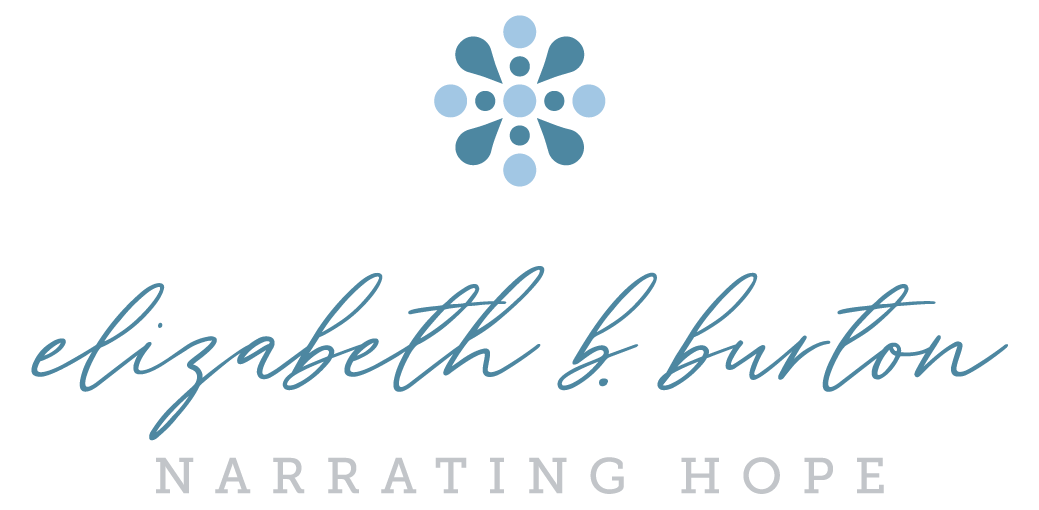An Invitation to Play: Solidifying our Well-being as Adults through Play
Play conjures up so many images and emotions. Childhood may have held abundant play for you, or play may be the last thing you think about in regards to your childhood. In play therapy, there is the understanding that play is the language of the child. In this, play is elevated, valued, and recognized as important and purposeful.
In adulthood, though, play might have taken a different role.
“I don’t have time to play.”
“I’m not allowed to play.”
“I must work all the time.”
“I can’t afford to play.”
“Play is a luxury.”
Does your inner narrative align with any of these messages? What comes to mind for you when you think of play? Does the idea of play make you feel lighter or heavier? More free or more weighted down?
Whether working inside or outside of the home (or both!), I think we can all agree on the value of work. We need to pay bills, have savings goals, and may even draw meaning and enjoyment from our work, yet sometimes beyond work it can be difficult to see the value of other important dynamics with our time like rest and play.
Play can seem frivolous, unnecessary, wasteful, and a distraction, yet play is actually of incredible value.
Play is Purposeful:
Did you know that play is purposeful not only for children, but for adults too?
Play allows us to come down from stress. In essence, it can help us feel moments of “all being well,’ and these moments are key for strengthening a solid sense of well-being. Play helps us not take everything so seriously, which often might make us approach even important things in a lighter way instead of under such high pressure and perfectionism. Play brings about laughter and connection. Play integrates bodies and minds. Play connects people with one another, whether spouses, families, friends, or teams. Play is good for our nervous systems, encouraging us to not be on such high alert all the time. Play evokes wonder and our imaginations, a sense of creativity, and perhaps a belief that all things are possible.
Andrew Huberman has a fantastic podcast episode on play. Some highlights from his research on play include that play can change our nervous system for the better. Play literally has the capability of changing our brains as play affects neuroplasticity. He emphasizes that play helps us explore possibilities and expand outcomes, encouraging people to become more flexible, more creative, and better problem solvers. He notes that play is only play when there are not high stakes attached. When someone is so concerned about winning, it will not engage the brain circuitry in the same way that lower stakes, more enjoyment based play will. And, yet, learning to engage more playfully can help strengthen what someone brings to the table at work as they have learned and experienced the value of creative, flexible, problem solving which is all about exploring new possibilities. (Podcast episode linked below).
Even if we are not naturally playful, we can become more playful. Like a muscle, this is something that we can strengthen. If this is something that you would intentionally like to create more space for consider blocking out time for play on your calendar. When in your week is there some room for play? What can you say no to in order to make time for play?
With limited time, consider matching play with other positive dynamics for well-being such as getting outside and social connection. This allows for kind of a double, triple, and/or quadruple dip dynamic for your well-being, so that with one opportunity for play, you may also be getting Vitamin D, in nature, and talking and laughing with other people. Talk about a win/win dynamic!
For Reflection:
As we conclude a school year and enter Summer, consider your posture towards play.
Is this something that you long for more of in your life?
How might you give yourself permission to play, recognizing that play is good?
When do you feel most at ease and playful, childlike and full of wonder?
What might more play feel like for you?
Elizabeth B. Burton is a licensed professional counselor with Burton Counseling, PLLC. In addition to counseling, Elizabeth provides life coaching, courses/workshops, and writing. You can learn more about the course on Coping with Anxiety & Stress here, and if you are interested in workshops, you can learn more here.
Elizabeth provides online counseling to individual adults living in Tennessee, Mississippi, and Georgia. Elizabeth provides in person counseling for individuals located near Chattanooga, TN. You can learn more about counseling with Elizabeth here.
Elizabeth provides life coaching to individual adults and couples living anywhere. Life coaching services are available online, and in person coaching is available for individuals located near Chattanooga, TN. You can learn more about life coaching with Elizabeth here.
In her free time, Elizabeth enjoys reading and shares book recommendations for adults here and for children here.

